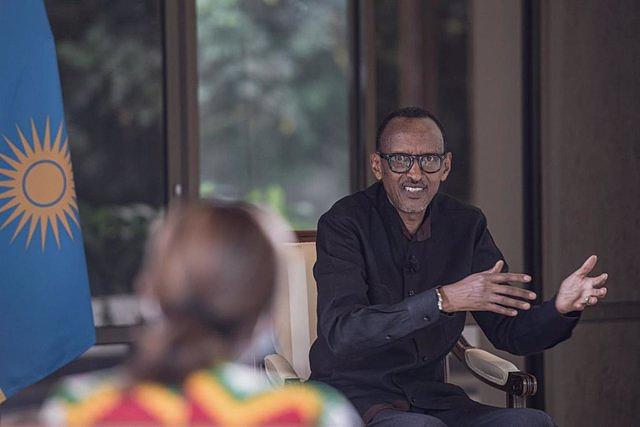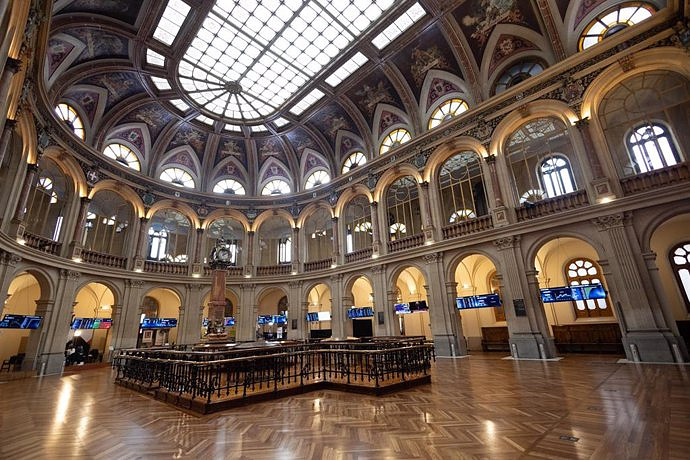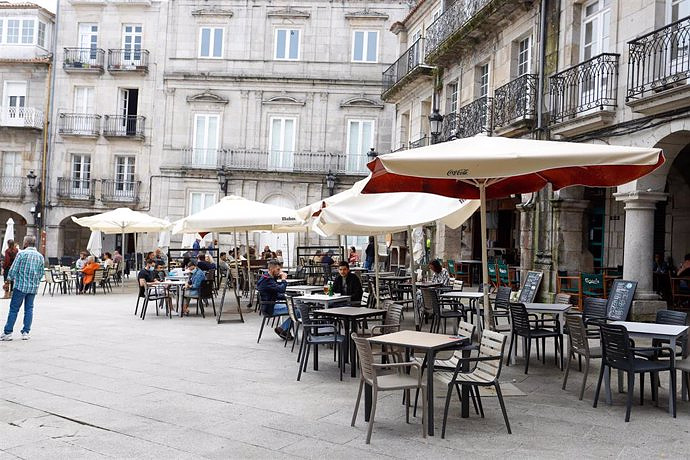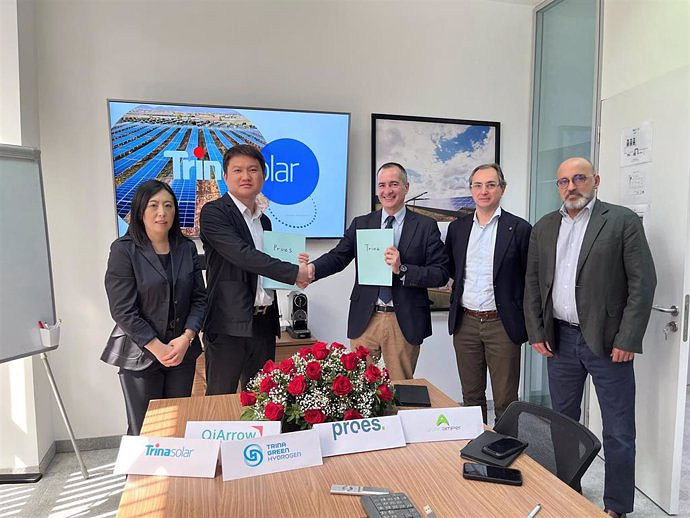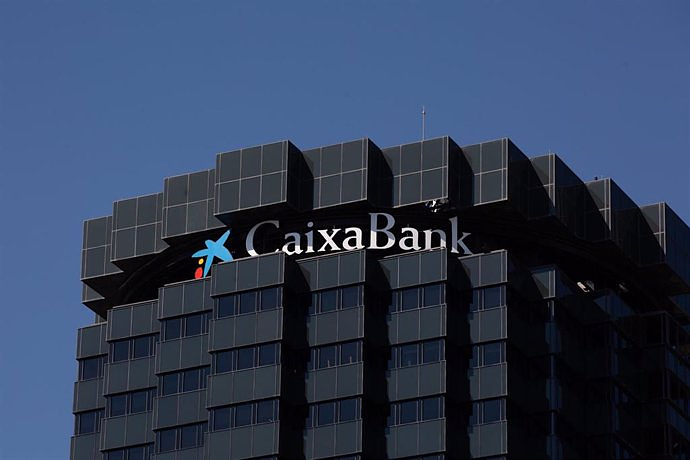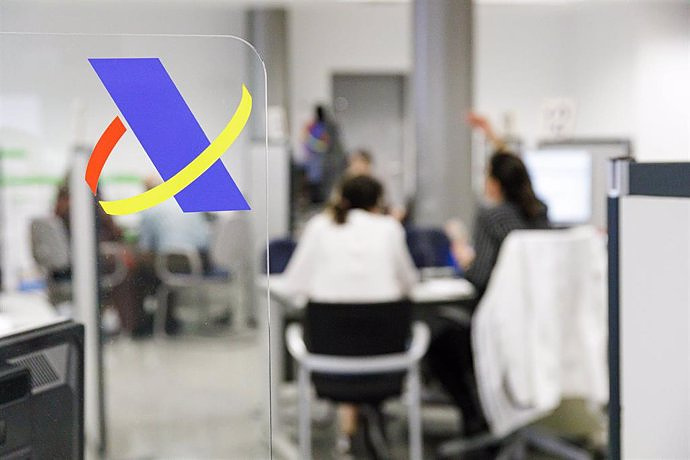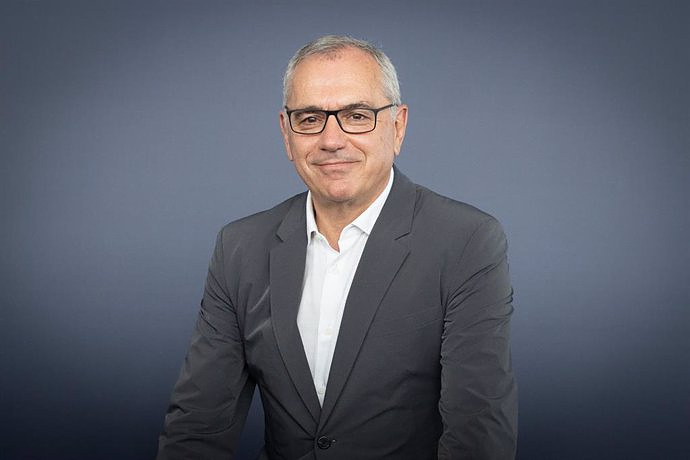Blinken calls on Kigali to "fulfill its commitments" and "end its support for M23"
The Government of Rwanda has criticized the "erroneous and misguided" position of the international community regarding the conflict in the east of the Democratic Republic of Congo (DRC), amid the upturn in tensions between Kinshasa and Kigali after the latest offensives by the rebel group. Movement March 23 (M23).
The Rwandan Foreign Minister, Vincent Biruta, has confirmed a conversation between the country's president, Paul Kagame, and the US Secretary of State, Antony Blinken, after which he regretted that "differences of understanding continue on the matter".
Blinken indicated after the "productive" conversation with Kagame that there needs to be "peace and security in the eastern DRC." "The United States calls on Rwanda to honor its commitments in Luanda, including ending its support for the M23," he stressed.
Within the framework of a summit in the Angolan capital to advance the normalization of diplomatic relations, the DRC and Rwanda agreed to a ceasefire, as well as a withdrawal of M23 from the areas recently conquered by the rebel group in the province of Kivu. North East).
In response, Biruta has said in a series of messages posted on his account on the social network Twitter that "the misguided and misguided position of the international community continues to exacerbate the problem", before stressing that "a lasting solution requires that the responsibility where it belongs."
Thus, Biruta has pointed to "the dysfunction of the DRC government and its institutions and its support for the Democratic Forces for the Liberation of Rwanda (FDLR)", a rebel armed group founded and made up mainly of Hutus responsible for the 1994 genocide in the african country.
The Rwandan foreign minister has also pointed to "external interference and dictates and regional and continental efforts that serve to protect the DRC from accountability and encourage them not to honor commitments made in ongoing processes."
On the other hand, he has reiterated that "the M23 should not be equated to Rwanda." "It is not a problem that Rwanda has to solve," he noted, while stressing that "Rwanda's security concerns must be addressed and, if others do not feel compelled to do so, Rwanda will continue to do so on its part." .
Relations between the DRC and Rwanda have been in crisis since the mass arrival in eastern DRC of Rwandan Hutus accused of massacring Tutsis during the 1994 Rwandan genocide.
Tensions rose in May, when the Congolese government summoned the Rwandan ambassador to denounce the country's alleged support for the M23, something rejected by Kigali, which affirms that Kinshasa supports the FLDR to carry out attacks in Rwanda.
The M23 has been accused since November 2021 of carrying out attacks against Army positions in North Kivu, despite the Congolese authorities and the M23 signing a peace agreement in December 2013 after fighting since 2012 with the Army, with the support of United Nations troops. UN experts accused Uganda and Rwanda of supporting the rebels, although both countries denied this.
UNICEF ALERTS SCALE OF CRISIS
For its part, the United Nations Children's Fund (UNICEF) has stressed that "the scale of the crisis and the lack of protection" for those displaced by the conflict in eastern DRC is "alarming."
The agency's director for West and Central Africa, Marie-Pierre Poirier, has indicated that children face increasing dangers due to insecurity and outbreaks of cholera and measles, which are spreading, before warning that the situation it could get out of control, especially in the most overcrowded camps.
"There are now 5.7 million internally displaced people in the DRC, the vast majority of them in the east as fighting has picked up again this year, causing 1.5 million more to be displaced, more than half of them children," has detailed, according to a statement published by UNICEF.
"The damage caused to children is absolutely shocking," said Poirier, noting that it is essential that the international community does not ignore the suffering caused by this crisis. "The international community must act now to address this great protection crisis," she said.
UNICEF has outlined that children are the main victims of the conflict because they suffer separation from their families, recruitment by armed groups and increasing gender violence, while Poirier has insisted on the risk of expansion of the cholera outbreak in the goma city.
For this reason, the organization has requested 862.4 million dollars (around 820 million euros) to help more than eight million children in 2023, an appeal that includes vaccinating eleven million children under five years of age against measles. and give access to drinking water to 3.4 million people.
Likewise, UNICEF seeks to provide psychosocial support to two million children and caregivers, education to 1.7 million children and accommodation to 1.1 million people, as well as treatment to 996,000 children suffering from severe malnutrition. "The well-being of children in the DRC will always be our top priority. Children cannot wait. We must act now," Poirier concluded.

 Exploring Cardano: Inner Workings and Advantages of this Cryptocurrency
Exploring Cardano: Inner Workings and Advantages of this Cryptocurrency Seville.- Economy.- Innova.- STSA inaugurates its new painting and sealing hangar in San Pablo, for 18 million
Seville.- Economy.- Innova.- STSA inaugurates its new painting and sealing hangar in San Pablo, for 18 million Innova.- More than 300 volunteers join the Andalucía Compromiso Digital network in one month to facilitate access to ICT
Innova.- More than 300 volunteers join the Andalucía Compromiso Digital network in one month to facilitate access to ICT Innova.-AMP.- Ayesa acquires 51% of Sadiel, which will create new technological engineering products and expand markets
Innova.-AMP.- Ayesa acquires 51% of Sadiel, which will create new technological engineering products and expand markets Duro Felguera announces the resignation of three directors after having fulfilled the assigned functions
Duro Felguera announces the resignation of three directors after having fulfilled the assigned functions STATEMENT: BLUETTI launches the Solar program in Germany
STATEMENT: BLUETTI launches the Solar program in Germany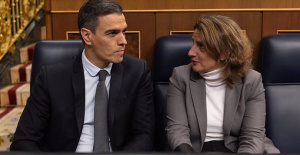 Sánchez avoids clarifying whether Ribera will be a candidate on 9J but places her at the level of Calviño and Borrell, with European positions
Sánchez avoids clarifying whether Ribera will be a candidate on 9J but places her at the level of Calviño and Borrell, with European positions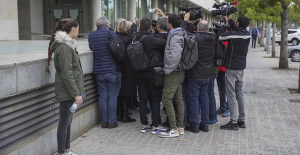 Seven CCAA, Ceuta and Melilla did not execute the Equality budget against sexual exploitation of minors under guardianship
Seven CCAA, Ceuta and Melilla did not execute the Equality budget against sexual exploitation of minors under guardianship How Blockchain in being used to shape the future
How Blockchain in being used to shape the future Not just BTC and ETH: Here Are Some More Interesting Coins Worth Focusing on
Not just BTC and ETH: Here Are Some More Interesting Coins Worth Focusing on LIFE SPOT manages to develop new green treatments that eliminate groundwater contamination
LIFE SPOT manages to develop new green treatments that eliminate groundwater contamination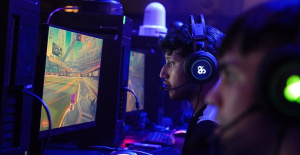 València Game City is born to promote the video game industry and position this city as a leader in the sector
València Game City is born to promote the video game industry and position this city as a leader in the sector A team of UPV and iPRONICS manufactures the first programmable and multifunctional photonic chip on the market
A team of UPV and iPRONICS manufactures the first programmable and multifunctional photonic chip on the market 'Science and Reeds' returns with talks about "the mystery of the lost socks" or the vinegar fly
'Science and Reeds' returns with talks about "the mystery of the lost socks" or the vinegar fly A million people demonstrate in France against Macron's pension reform
A million people demonstrate in France against Macron's pension reform Russia launches several missiles against "critical infrastructure" in the city of Zaporizhia
Russia launches several missiles against "critical infrastructure" in the city of Zaporizhia A "procession" remembers the dead of the Calabria shipwreck as bodies continue to wash up on the shore
A "procession" remembers the dead of the Calabria shipwreck as bodies continue to wash up on the shore Prison sentences handed down for three prominent Hong Kong pro-democracy activists
Prison sentences handed down for three prominent Hong Kong pro-democracy activists ETH continues to leave trading platforms, Ethereum balance on exchanges lowest in 3 years
ETH continues to leave trading platforms, Ethereum balance on exchanges lowest in 3 years Investors invest $450 million in Consensys, Ethereum incubator now valued at $7 billion
Investors invest $450 million in Consensys, Ethereum incubator now valued at $7 billion Alchemy Integrates Ethereum L2 Product Starknet to Enhance Web3 Scalability at a Price 100x Lower Than L1 Fees
Alchemy Integrates Ethereum L2 Product Starknet to Enhance Web3 Scalability at a Price 100x Lower Than L1 Fees Mining Report: Bitcoin's Electricity Consumption Declines by 25% in Q1 2022
Mining Report: Bitcoin's Electricity Consumption Declines by 25% in Q1 2022 Oil-to-Bitcoin Mining Firm Crusoe Energy Systems Raised $505 Million
Oil-to-Bitcoin Mining Firm Crusoe Energy Systems Raised $505 Million Microbt reveals the latest Bitcoin mining rigs -- Machines produce up to 126 TH/s with custom 5nm chip design
Microbt reveals the latest Bitcoin mining rigs -- Machines produce up to 126 TH/s with custom 5nm chip design Bitcoin's Mining Difficulty Hits a Lifetime High, With More Than 90% of BTC Supply Issued
Bitcoin's Mining Difficulty Hits a Lifetime High, With More Than 90% of BTC Supply Issued The Biggest Movers are Near, EOS, and RUNE during Friday's Selloff
The Biggest Movers are Near, EOS, and RUNE during Friday's Selloff Global Markets Spooked by a Hawkish Fed and Covid, Stocks and Crypto Gain After Musk Buys Twitter
Global Markets Spooked by a Hawkish Fed and Covid, Stocks and Crypto Gain After Musk Buys Twitter Bitso to offset carbon emissions from the Trading Platform's ERC20, ETH, and BTC Transactions
Bitso to offset carbon emissions from the Trading Platform's ERC20, ETH, and BTC Transactions Draftkings Announces 2022 College Hoops NFT Selection for March Madness
Draftkings Announces 2022 College Hoops NFT Selection for March Madness